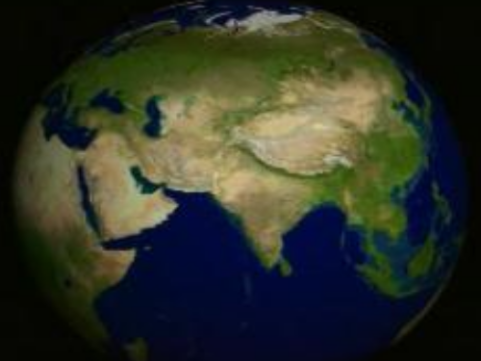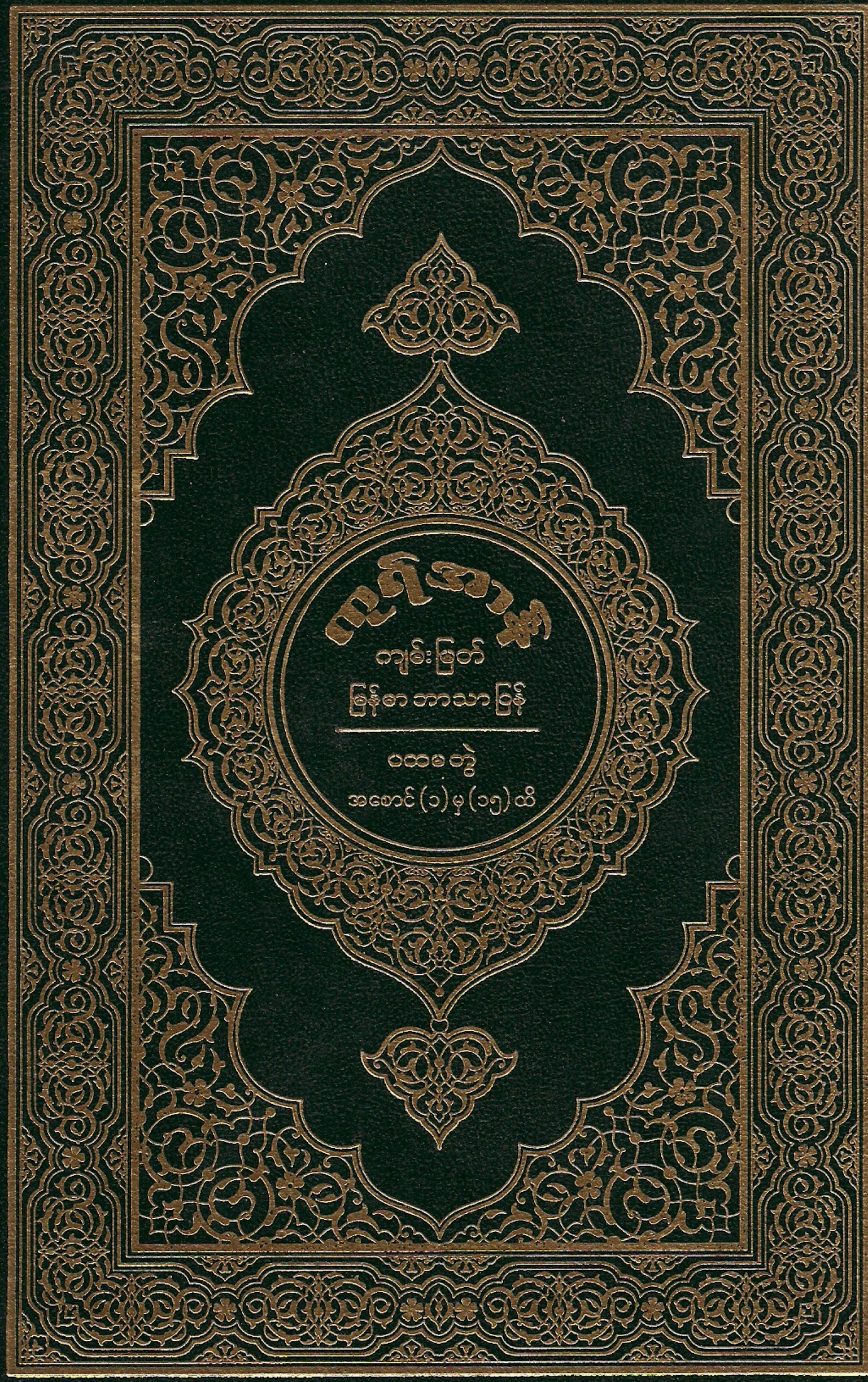Contributing to charity, not just financially
but also through service
By Manuel Almario, Community Journalist

Nadia Abdul Samad with her three children, (from left) Mohammad Abdul Samad, Ahmad Abdul Samad and Abdul Basit Abdul Samad
Ramadan is a time for social service, for helping the poor, for inviting people to a shared meal.
Nadia Abdul Samad, a Filipino married to Abdul Samad Ali Khalil Juma, a UAE national, told Gulf News: “We contribute to charity, not just in financial terms, but more through service. We help those in need, even non-Muslims. We serve special food to the people after iftar. We are there to guide them. Sometimes when I cannot support them, I pray to Allah to give me strength to be able to help them.”
Before embracing Islam in 1993, she had to learn Quran. She said: “All the questions on my mind about Islam, especially Ramadan, were cleared.”
She has devoted herself to serving the Almighty all the time. Even if she is ill, she will see to it that special food is prepared for the poor during Ramadan.
“It is my duty to serve Muslims and Allah for as long as I live. We have a Filipino community called Abu Bakr Assiddiq Islamic Centre in Dubai. And our director, Absic Ostad Amir Esmail Daham, a Filipino, is the one who guides all new Muslims, regardless of nationality. He was the one who guided me, my husband and our children to a better understanding of Islam,” she said.
Abstinence
From sunrise to sundown, Muslims should shun eating, drinking, smoking and engaging in relations during Ramadan. Through the year, Muslims should shun any sin, whatsoever, against God and mankind.
She said: “Muslims have an obligation to fast and to give more to charity every Ramadan. Parents have a duty to raise their children well and bring them up properly.
“We urge my children, Mohammad Abdul Samad Ali, Ahmad Abdul Samad Ali, and Abdul Basit Abdul Samad Ali, to engage in works of charity. We did not hire a maid because we want to guide our children more closely. We always remind our children about the poor and needy who cannot find even a mouthful of food.”
The couple make an effort to explain to their children how to pray and guide them based on the teachings of Islam.
She said: “We encourage them to fast as it is meant to teach a person the virtues of patience, sacrifice and humility. Abstaining from food and drink shows Muslims’ honest faith and strong love for Allah.”
She added that a person should be thankful to the Almighty, who has blessed him or her with His bounty.
“This should make him or her more sympathetic and willing to share their blessings.”
The call for prayer, the congregation and the celebrations after are what Halim Al Deen Mohammad, a Sri Lankan expatriate residing in Abu Dhabi, appreciates most about Ramadan.
He said: “I consider myself lucky to be living the life that has been granted to me. Ramadan is a blessing that greets us once in a year and brings with it the festivities and spirituality.”
Mohammad had shifted to Abu Dhabi eight years ago, with his wife and two daughters. “My wife and eldest daughter are very devoted and during Ramadan, they are extra cautious. They never miss a prayer. My youngest daughter is only two years old,” he said.
His memories of Ramadan in Sri Lanka are very different from those in the UAE. The busy schedules take up most of his time now.
He said: “We barely have the time to socialise. Back home, we were acquainted with everyone in our area. We exchanged greetings daily, shared food and dined together.”
What he misses most about his home country is the social norms that were adopted during Ramadan. “Our families would always prepare extra food during the day, which was later distributed amongst the poor at dusk,” he added.
‘Sadaqa’, or voluntary charity, is a very important part of Mohammad’s life. During the month of Ramadan, he makes it a habit to send money to Sri Lanka for the purpose of charity.
‘Charity begins at home’
He said: “I belong to the middle-income group, but there are others who do not earn as much. I send money to my relatives back home who are in dire need of funds. For me, charity begins at home.”
Some of the money he transfers to his relatives is distributed to charity organisations as well. “Even a small sum of money is a big deal for the poor. With the amount of money we spend on a daily basis, an entire family back home can have a meal for a week,” he added.
With a big heart and generous attitude, Mohammad has set out to make the most of the month. “It is our acts that matter in the end. Who knows if I will be around for next year’s Ramadan,” he said.
Muslims share their blessings with the less fortunate through the year, especially during Ramadan.
Are they obliged to do so? Or is it voluntary? Who should be the recipient?
Amyn Jaffer Ali Gulam Ali, 20, from Tanzania, said: “Charity is encouraged through the year, but you tend to give more during Ramadan. I believe that the head of the family should provide for his wife and dependents and then give to the community.”
Every Muslim gives ‘zakat’, which means a percentage of their savings each year, to the poor and needy.
Ali said: “I understand that two-and-a-half per cent is taken from the monthly salary after deducting expenses for basic necessities such as food, housing and education. Muslims can offer ‘zakat’ to the mosque or to the poor.
“If you know somebody personally who needs financial assistance, then, for me, it is best to give it to him or her directly. I used to accumulate money for six months and send it to my dad in Tanzania for him to hand it over to the poor. Now I stopped sending money as I have found someone in Dubai who badly needs financial assistance.”
Ali, who works in a bank, firmly believes that Muslims can also give to non-Muslims who are in need.
He said: “It is debatable, as some say Muslims should only give to fellow Muslims. But based on what I have learnt, we should extend a helping hand to the poor, regardless of religion and race. And it is our belief that every single human being is a child of God. We are taught that all human beings should be treated with equality and given equal opportunity.”
Ali explained that the significance of fasting was that it made one feel what the poor feel. We would then realise there are less fortunate people out there who need us.
Then you would feel obliged to give ‘zakat’, which is required. Fasting in a way tests the strength of one’s willpower and self-discipline.
Ali said: “Imams told me a story, that has been passed on from generation to generation, that during Ramadan, God locks up Satan so that we are free from temptations. And thus you alone control your actions. This tests your willpower and ability to follow and worship Him.
“I don’t have any resolutions because I tend to break them. But my smoking habit has reduced. It is a sort of miracle that I find no craving for smoking from sunrise to sundown.
“Moreover, I have a short temper, but during Ramadan I become more tolerant, instinctively.”
Fasting, literally translated, means the process of abstaining from food. However, for Babak Tehrani, an Iranian expatriate residing in Sharjah, it is a personal challenge and a test of his endurance.
“I believe it is a personal achievement when I am able to stay away from food for the major part of the day,” he said.
Ramadan sheds new light on the life of this 21-year-old university student. While on-campus, in the scorching heat, thirst is a factor that cannot be ignored.
He said: “I generally drink a lot of water during the day. Last week, I walked out of class to get a drink of water. Fortunately, I realised just in time that I was fasting.”
People who are unwell are excused from fasting, and if someone eats or drinks something without realising it, the fast does not break.
However, Tehrani believes that a fast begun at the crack of dawn should only be ended at dusk.
Come what may
“I would never consider breaking my fast, regardless of the circumstances. If I break my fast, I feel like I have sinned,” he said.
A lot of times, people tend to be ignorant of their responsibilities towards society, but Ramadan serves as a wake-up call for them.
“During Ramadan, I try to be nice to everyone around me. I travel by taxis almost every day, and when I pay the fare, I do not take the change back. I consider it to be ‘Sadaqa’, or a voluntary Islamic charity,” Tehrani said.
Many things in people’s day-to-day life go unnoticed, but the purity of this month makes Tehrani realise his mistakes.
Extreme caution
“I try to be extremely careful of my actions. Even if certain things are wrong, I generally fail to recognise them. However, during Ramadan, I become conscious,” he said.
It is important for people to create individual boundaries that prevent them from doing wrong, he said.
“I try to be patient and guard my tongue while I fast. My main aim is to discipline myself in the eyes of the religion,” Tehrani added.
Filed under: Burma |












+(Small).jpg)


Leave a comment